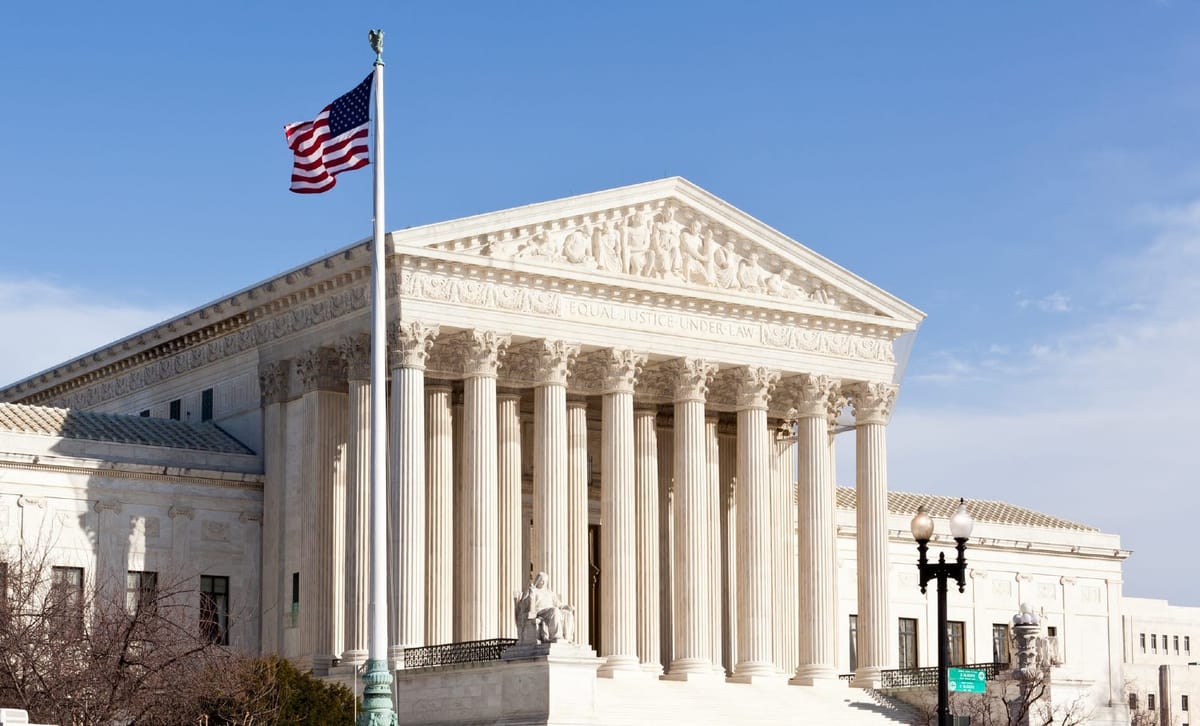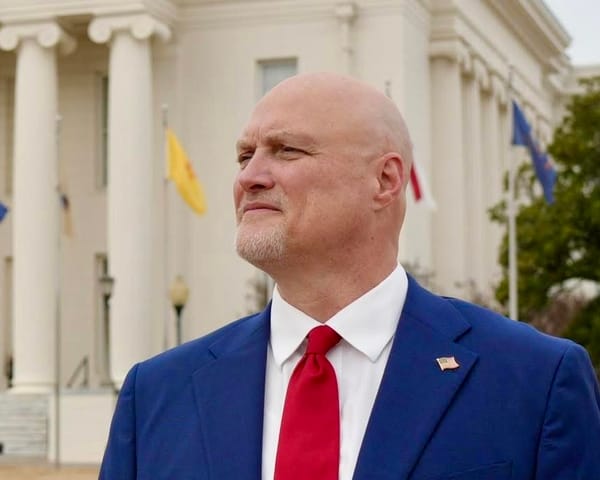Supreme Court Rules Alabama Residents Can Sue Over Unemployment Delays
The lawsuit received backing from organizations such as the American Civil Liberties Union and the U.S. Chamber of Commerce.

In a landmark decision, the U.S. Supreme Court has ruled that Alabama residents who faced excessive delays in receiving unemployment benefits during the COVID-19 pandemic can sue the state. The 5-4 ruling overturns a previous Alabama Supreme Court decision that dismissed a lawsuit brought by 21 claimants.
The plaintiffs argued that they endured months-long waits for benefit determinations, with some never receiving a response or having their payments halted without explanation. The state had previously insisted that claimants must first exhaust all administrative options before pursuing legal action. However, the Supreme Court disagreed, stating that such a requirement would create an impossible situation where individuals could never obtain relief.
Writing for the majority, Justice Brett Kavanaugh noted that forcing claimants to complete an appeals process before being allowed to sue was illogical, as it effectively blocked them from seeking a resolution. Chief Justice John Roberts joined the Court’s liberal justices in the decision.
The lawsuit received backing from organizations such as the American Civil Liberties Union and the U.S. Chamber of Commerce, which argued that restricting legal action could set a dangerous precedent affecting civil rights and business disputes.
State officials defended the delays, citing an overwhelming surge in claims during the pandemic and limited staffing within Alabama’s unemployment agency. They also pointed out that many of the delayed claims have since been processed.
The ruling marks a victory for claimants seeking accountability for bureaucratic failures that left them without crucial financial support during the pandemic. Legal experts suggest that the decision could influence future cases regarding government responsiveness in times of crisis.





